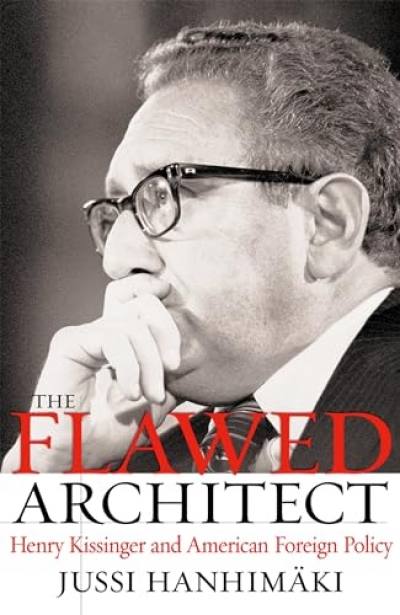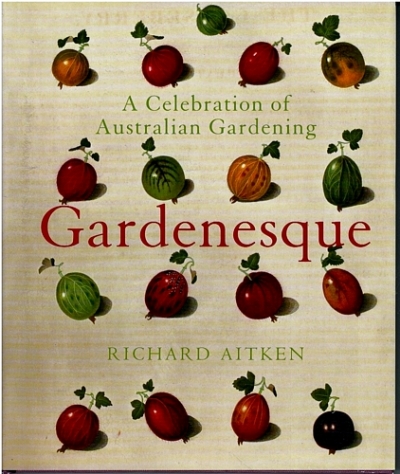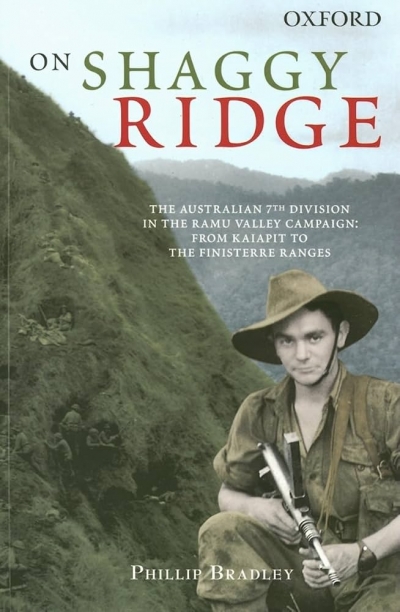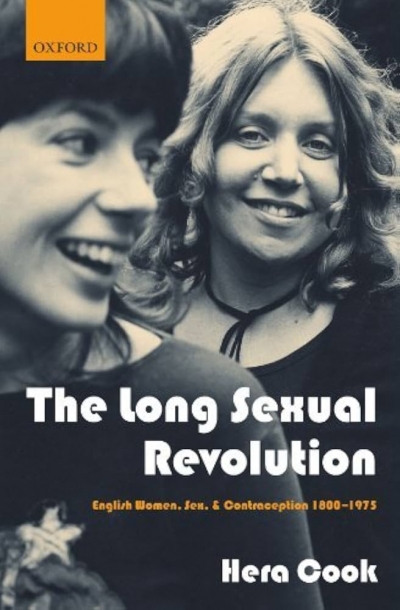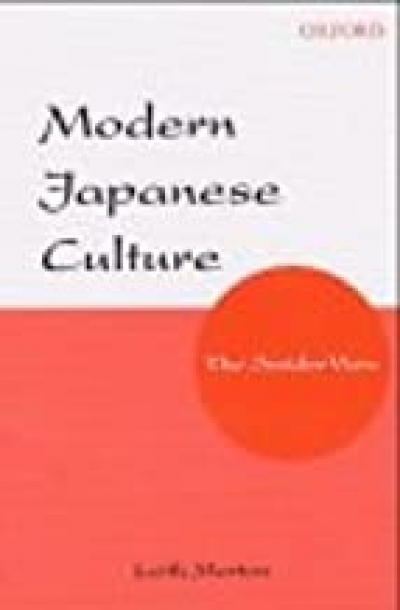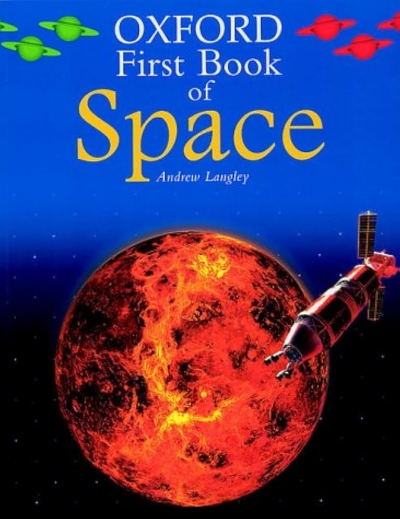Oxford University Press
Self-Portrait of Percy Grainger edited by Malcolm Gillies, David Pear, and Mark Carroll & Facing Percy Grainger edited by David Pear
by Michael Shmith •
The Oxford Dictionary of National Biography edited by H.C.G. Matthew and Brian Harrison
by Angus Trumble •
The Flawed Architect: Henry Kissinger and American Foreign Policy by Jussi Hanhimäki
by Barry Jones •
Gardenesque by Richard Aitken & The Oxford Companion to Australian Gardens edited by Richard Aitken and Michael Looker
by Paul de Serville •
On Shaggy Ridge by Phillip Bradley & Kokoda by Peter FitzSimons
by John Coates •
The Long Sexual Revolution: English women, sex and contraception 1800-1975 by Hera Cook
by Lisa Featherstone •
The Europeans in Australia: Volume Two: Democracy by Alan Atkinson
by John Hirst •
Modern Japanese Culture: The insider view by Leith Morton
by William H. Coaldrake •
Oxford First Book of Space by Andrew Langley & Oxford First Book of Dinosaurs by Barbara Taylor
by Margaret Robson Kett •



